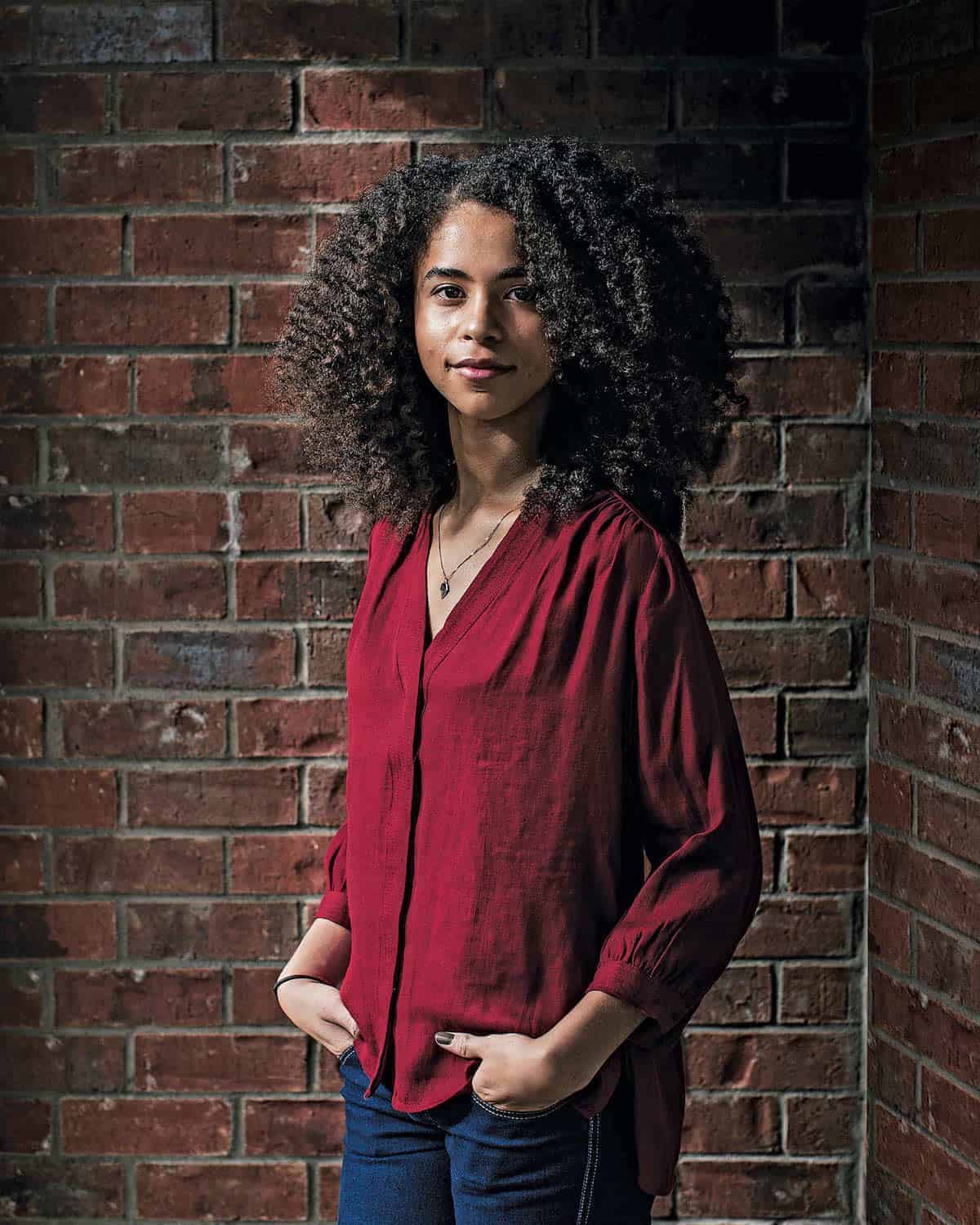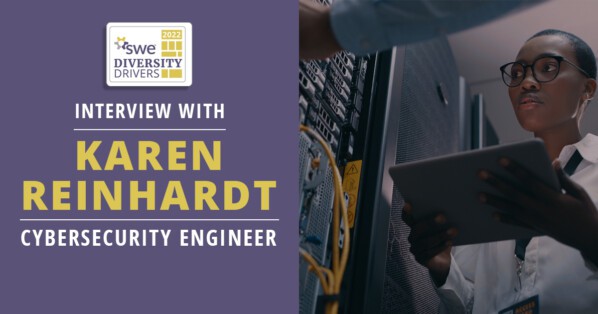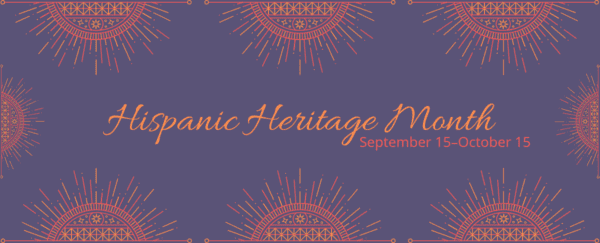
Lena Alston was featured in a Bloomberg Business article in January, 2016 titled “Why Doesn’t Silicon Valley Hire Black Coders?”
We asked Alston 7 questions as part of SWE’s ongoing conversation about diversity and inclusion in engineering and technology.
According to Bloomberg Business, from 2001 to 2009, more than 20 percent of all black computer science graduates attended an historically black school, according to federal statistics-yet the Valley wasn’t looking for candidates at these institutions.
African Americans, about 13 percent of the U.S. population, made up no more than 1 percent of technical employees at Google, Facebook, and other prominent Silicon Valley companies.
- How’d you get into coding?
Before I chose to study computer science, I was a math major. We had to take a CS class as part of our curriculum. This was my first introduction to technological science and programming, but I ended up enjoying it and identified a new interest in applying the math I liked. That, along with encouragement from my professor, led me to change my major.
-

Lena Alston Why do you think there aren’t more black coders being hired in Silicon Valley?
The question of the century. I’ll try my best to touch on the factors that I think are most influential.
We tend to not be represented in the friendships, professional networks, and other personal connections that already exist among Silicon Valley technical professionals.
Historically, there has been both a cultural disconnect and a pipeline problem, but more likely, the cultural disconnect contributes to the pipeline problem. In your youth, you’re affected by your surroundings. If your parents weren’t programmers and no adults you knew were programmers and the programmer on TV is a squirrelly white boy that you don’t admire, you’re less than likely to start dabbling around in code. That being said, Black people tend to be at a slight disadvantage as far as their time of exposure and opportunity.
I fear that there are also some unconscious biases that, as a people, we need to work on. We tend to like people who are like us, so even if the interviewer or hiring manager isn’t intentionally making decisions based on skin color, he or she might be making a hairline call based on how they felt at the end of the interview. Did the candidate go to the same college as them, are they from the same hometown, do they share a love for Pixar movies? Sharing any of these commonalities can improve the interviewer’s overall impression of a candidate, but it can certainly have the opposite effect if they have little in common.
- What do you think needs to be done to improve these disparities?
I believe that effective and stable change takes time. There are numerous programs, especially now after the release of many tech companies’ diversity statistics, that aim to expose members of underrepresented groups to computer science at younger ages and encourage them to consider it as a career. The students participating in these new programs just haven’t grown up and applied for jobs, yet. Instead of asking why Black programmers aren’t coming to Silicon Valley, an area where Black people are already extremely underrepresented, I think we should ask why we can’t create tech hubs in places where the Black population is a little stronger and a more accurate representation of the nation. There’s a great article that describes a few examples of why the Valley might not be the most appealing place to people of color.
- What was your favorite experience and learning highlights during your internship at Google?
I appreciated being treated like a working employee rather than a coffee-getter. As an intern, my opinion was invited during meetings and I worked alongside the fulltime employees rather than as a subordinate. A huge learning highlight for me was learning a new programing language. I spent both summers working in Google’s open source language, Go. I also really enjoyed working with other interns. I learned a lot from observing their tools and techniques for how they approach solving problems.
- What’s your opinion of the job market for women who want to pursue a career in coding?
For all intents and purposes, the same as it is for men… I was fortunate enough to not even notice there was a gender gap in the field for some time. My first professor was a woman, and I went to a school that was majority women. I never developed that I’m-a-girl-so-I’m-not-supposed-to-be-good-at-this insecurity or felt the I’m-a-girl-so-I-have-to-prove-everyone-wrong-and-be-the-best pressure. I think dodging those complexes/mentalities was beneficial to my psyche.
- Some young black girls aren’t familiar with coding. What kind of advice would you offer to young black girls to learn more about coding and even to pursue a career in the industry?
There are tons of resources and tutorials online for anyone who wants to learn more about programming. Khan Academy, Code Academy, YouTube, Code School, W3 Schools, etc. are all full of great FREE information and tutorials. Don’t be afraid to play with code and see what it does. I can almost promise you won’t break anything. If possible, I would recommend getting involved in organizations like Black Girls Code to guide your skill development and help build your network.
On a more personal note, I would advise them not to be afraid to fail. I can’t count the number of talented, intelligent, fully capable girls (and boys) I’ve seen give up or lose interest because they weren’t perfect on the first try.
- I see you were hired as a programmer in NY. Congrats! What are your long-term career goals?
Thank you! Sometimes I wonder if this question still makes everyone else cringe the way it makes me.. (haha) I have never been one to plan too far ahead into my future. I think there is too much of the world I have yet to see, and I could never predict where in it I may end up. I know that my choice to live without a real plan disagrees with almost everything we’re taught, but I strongly believe in not limiting myself by my own dreams. I do, however, believe that I am an educator at heart. After gaining a few years of experience in the industry, I want to return to graduate school and pursue a degree that allows me to merge my interests in technology and early education.
Author
-

SWE Blog provides up-to-date information and news about the Society and how our members are making a difference every day. You’ll find stories about SWE members, engineering, technology, and other STEM-related topics.






